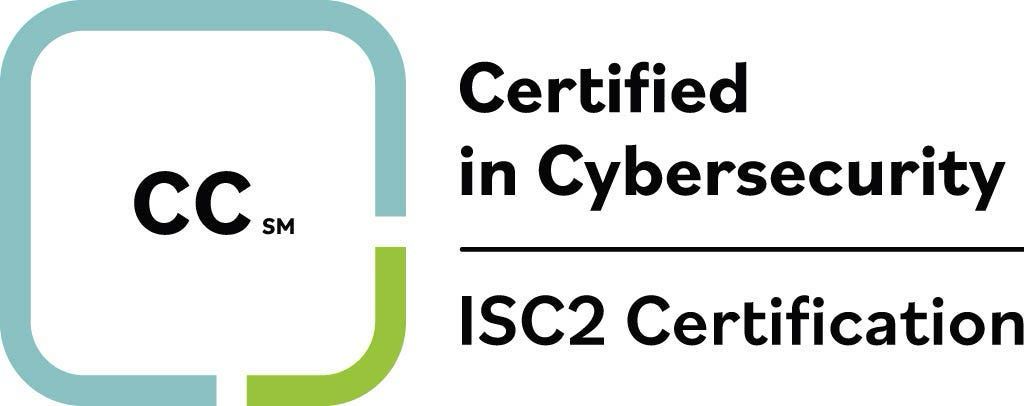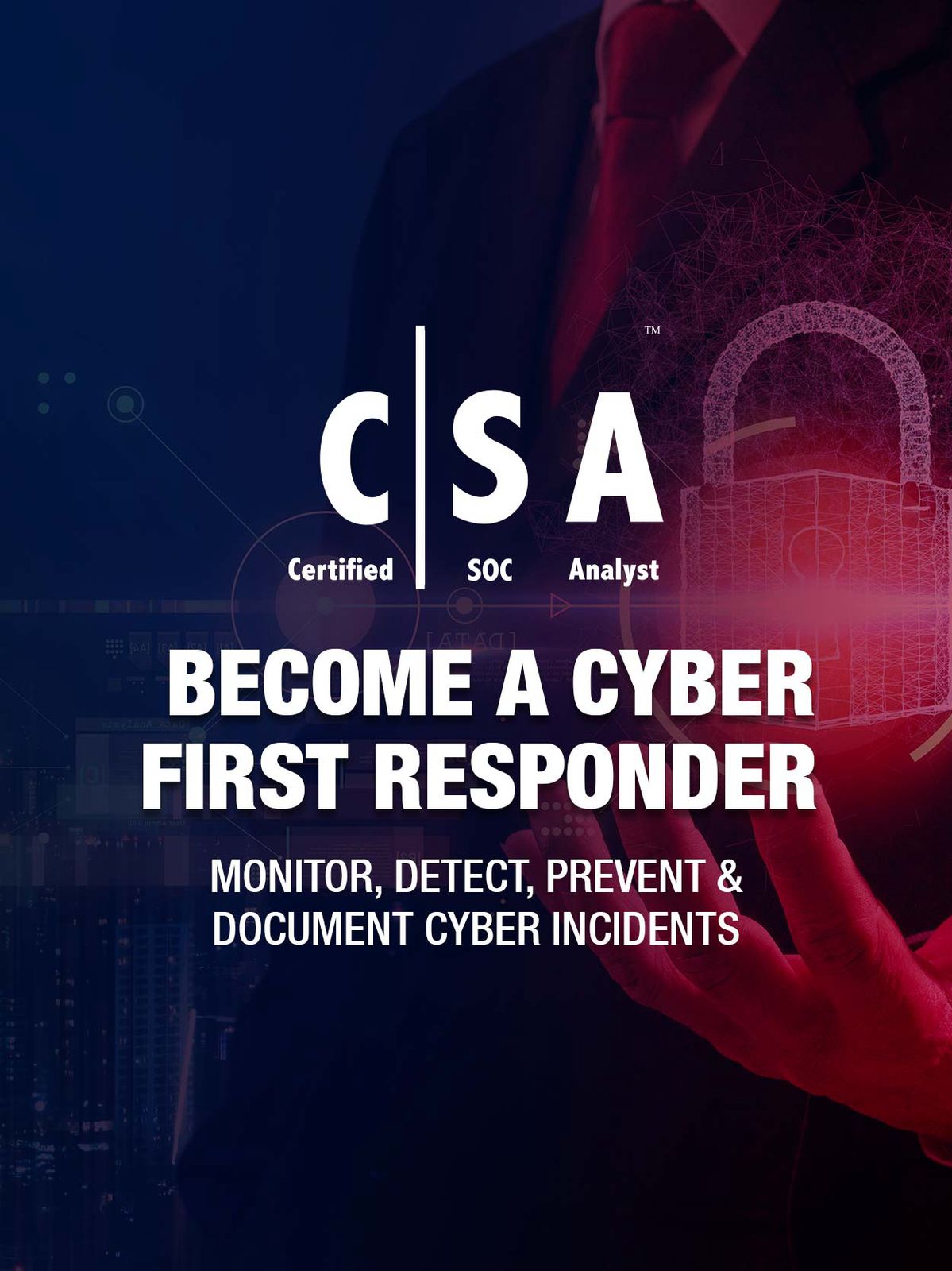



Domain 1: Security Principles
Key Topics Include:
Domain 2: Incident Response, Business Continuity and Disaster Recovery Concepts
Key Topics Include:
Domain 3: Access Control Concepts
Key Topics Include:
Domain 4: Network Security
Key Topics Include:
Domain 5: Security Operations
Key Topics Include:
Domain 6: Course Conclusion & Final Assessment

Purpose:
This curriculum outlines the structure of a 5-week training designed to prepare
participants for a career as a SOC Analyst. The program places a strong emphasis on
network security, and system administration, with a primary focus on the foundational
and advanced concepts essential for an SOC environment. Trainees will gain hands-on
experience in managing and securing enterprise environments, with particular
attention to the critical role of a SOC Analyst. Throughout the internship, participants
will engage in both theoretical and practical tasks, building their expertise in SOC
operations, networking, and system security. The program will culminate in a
comprehensive final project that integrates all aspects of SOC Analyst responsibilities.
1. Week 1-2: Module 00: SOC Essential Concepts
2. Week 3: Active Directory & Group Policies
Downloading and Installing Virtual Machines:
3. Week 4: Security Operations
4. Week 5: Wazuh Project
5. Conclusion
The Training will conclude with a comprehensive understanding of SOC operations,
network architecture, Active Directory management, and incident response. Trainees
will be evaluated based on their performance in both practical and theoretical aspects,
culminating in their preparedness for this course.
Copyright 2025 Walid Ismail. All Rights Reserved By cyber-guard